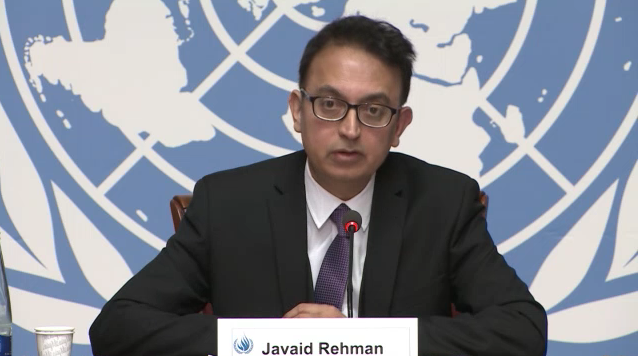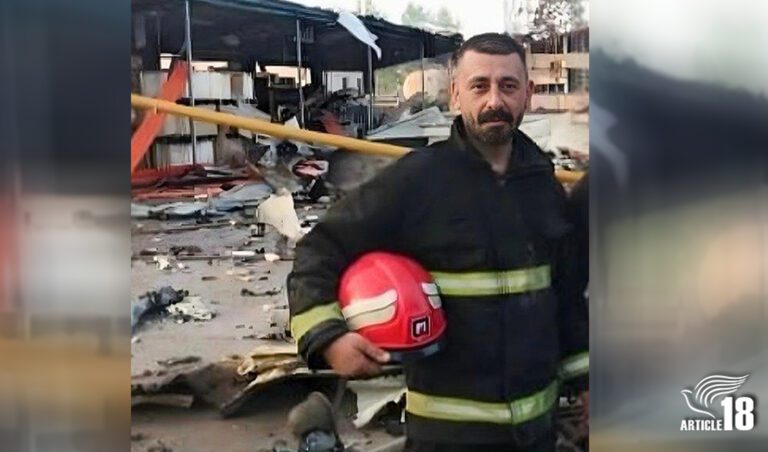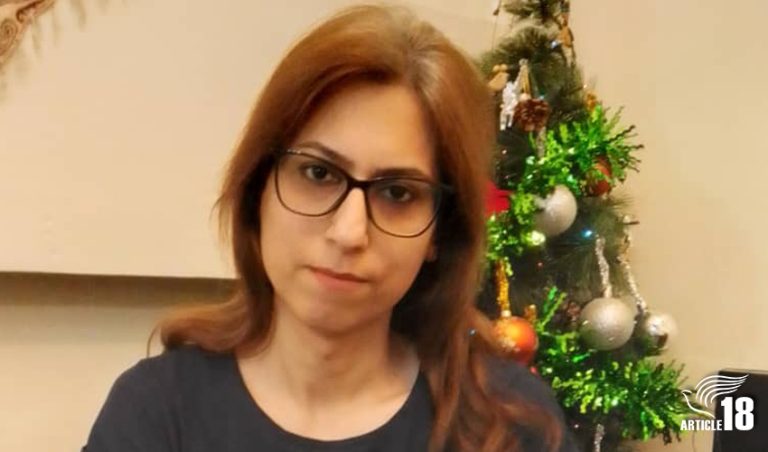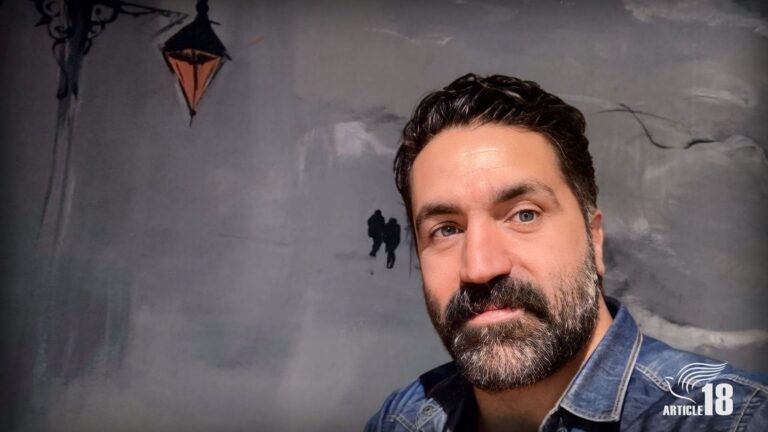
The UN’s special rapporteur on human rights in Iran has reiterated his “deep concerns” over “persisting” discrimination against religious minorities in the country.
In his latest report, published ahead of the 46th session of the Human Rights Council later this month, Javaid Rehman says “the imprisonment of individuals from ethnic and religious minorities for practising their culture, language or faith is an ongoing concern” and calls on Iran to “release all those imprisoned for exercising their right to freedom of religion or belief” and “eliminate all forms of discrimination against them”.
While there is no specific mention of Christians in the report, Mr Rehman recently joined five other UN rapporteurs in writing to the Iranian government, demanding a response to allegations of “continued systematic persecution” of Christians.
The rapporteur also previously dedicated one of his reports, in July 2019, to the challenges facing unrecognised religious minorities in Iran, including Christian converts.
The main focus of Mr Rehman’s new report is discrimination against women and girls in Iran.
He also highlights Iran’s:
- continued refusal to allow him to visit the country.
- harassment and arbitrary detention of human rights defenders and other rights activists, as well as lawyers, journalists, and dual and foreign nationals.
- lack of fair-trial provisions, and use of arbitrary detention and torture.
- “inadequate” and “opaque” response to the Covid-19 pandemic, including lack of suitable protective equipment and segregation within “overcrowded” and “unhygienic” prisons.
- failure to conduct an impartial, independent and transparent investigation into the “excessive and lethal force” used in response to the November 2019 protests, and failure to bring those responsible to justice.
- high execution rate, including imposition of the death penalty for protesters, and legal provisions for the execution of under 18s.
- “repeated disruption” of telecommunications, including Internet shutdowns and censorship of social-media platforms such as Telegram, Twitter and Facebook.



0 Comments
Trackbacks/Pingbacks